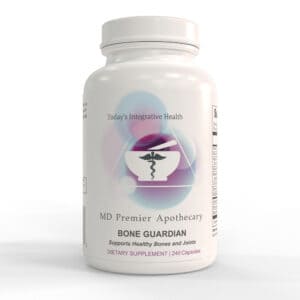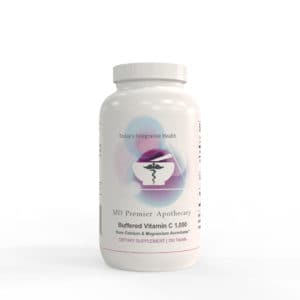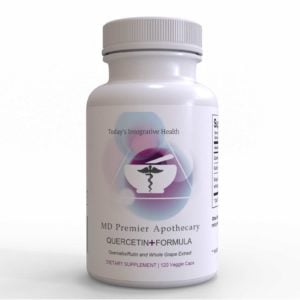Margarine was originally developed for the military, but being cheaper than butter, it soon became popular in grocery stores worldwide.
Another benefit was that it didn’t need to be refrigerated, as it stayed solid at room temperature. It doesn’t burn quickly like butter, so it’s a popular butter substitute in baking and cooking. When doctors started believing too much butter could harm our health, many people began using margarine as an alternative. While all these benefits may sound promising, the real question is which is better for our health: butter or margarine?
What Is Butter?
Butter is made from cream’s protein and fat components and is semi-solid at room temperature. When stored at room temperature, it can be used as a spread, melted to become a condiment, and used as a fat source in making sauces, pan-frying food, and baking. Generally made from cow’s milk, butter can also be made from the milk of other mammals like buffalo, sheep, goats, and even yaks.
To make butter, you must churn the cream or milk to separate the fat from the buttermilk. Salt was commonly used to help preserve it, but in modern times has been used to add flavor. Ghee is made by rendering butter to remove the milk solids and water to leave a clarified product of almost exclusively butterfat.
What Is Margarine?
Different brands of margarine and butter substitutes have their unique blend of ingredients, but most margarine is vegetable oil. Palm, soybean, and palm kernel oils are most commonly used and contain salt and water. Other ingredients may be added to add color, consistency, or taste.
For margarine to be approved by the FDA, it must comply with the Federal Regulation that says food in plastic form or liquid emulsion must contain at least 80 percent fat. Some margarine brands add milk to their product, so if you avoid dairy, it’s essential to read the labels to determine if any milk products are used in production.
Is Butter or Margarine Healthier?
For most of the 20th century, margarine was considered a healthy food even though it wasn’t. During that time, margarine was made of oils hydrogenated with trans fats. In the 1990s, scientists learned that trans fats harm heart health. Margarine became categorized as an unhealthy “bad trans fat” food, and many people started to avoid eating it.
In 2015, the FDA banned trans fats in all processed foods made in the United States, so margarine today doesn’t contain trans fats.
While margarine may sound better, it’s still a lab-created product, whereas butter is a natural product that comes from milk. If you have to avoid dairy because of a sensitivity or allergy, there are plenty of butter alternatives on the market that are better for you than margarine. Plant butter made with olive oil or avocado oil can be an excellent substitute for cow’s milk butter.
If you can tolerate dairy, choosing a natural butter would be preferable to margarine, as butter contains healthy fats, vitamins, and minerals. Many conventional doctors will say that margarine is a healthier choice, as it is made from vegetable oils, but it’s still a product that does not occur in nature.
Work With Us
If you are dealing with health issues or are just confused about what you should be eating, working with a doctor like Dr. Leo can help. Dr. Leo has helped many people with various health issues over the years and would love to help get you on the road to wellness.
Call our office today to schedule an appointment. We are located at 6321 Executive Blvd, Rockville, MD 20852, in the Executive office park.
Related Products
We offer a wide range of high-quality supplements and products to support your journey towards optimal health and vitality. From vitamins and minerals to herbs and homeopathic remedies, we have something for every health concern and goal. Our knowledgeable staff is here to assist you in finding the right supplements to meet your individual needs. We are committed to providing our customers with the best possible service and support, and we strive to stay up-to-date on the latest research and trends in the field of integrative health. Thanks for choosing Today’s Integrative Health Supplements Store for all your natural health needs.
-
 MDPA Bone Guardian (240 Capsules)$45.00 — available on subscription
MDPA Bone Guardian (240 Capsules)$45.00 — available on subscription -
 MDPA Buffered Vitamin C 1000 (250 Tablets)$56.00 — available on subscription
MDPA Buffered Vitamin C 1000 (250 Tablets)$56.00 — available on subscription -
 MDPA Quercetin + Formula (120 Capsules)$47.00 — available on subscription
MDPA Quercetin + Formula (120 Capsules)$47.00 — available on subscription











